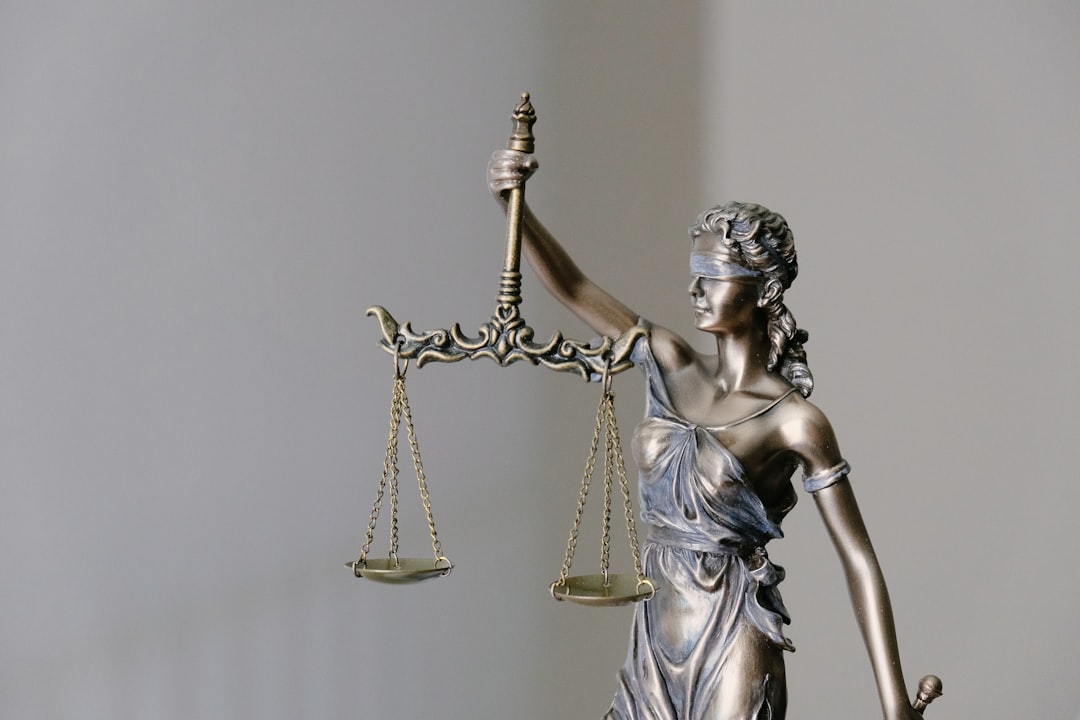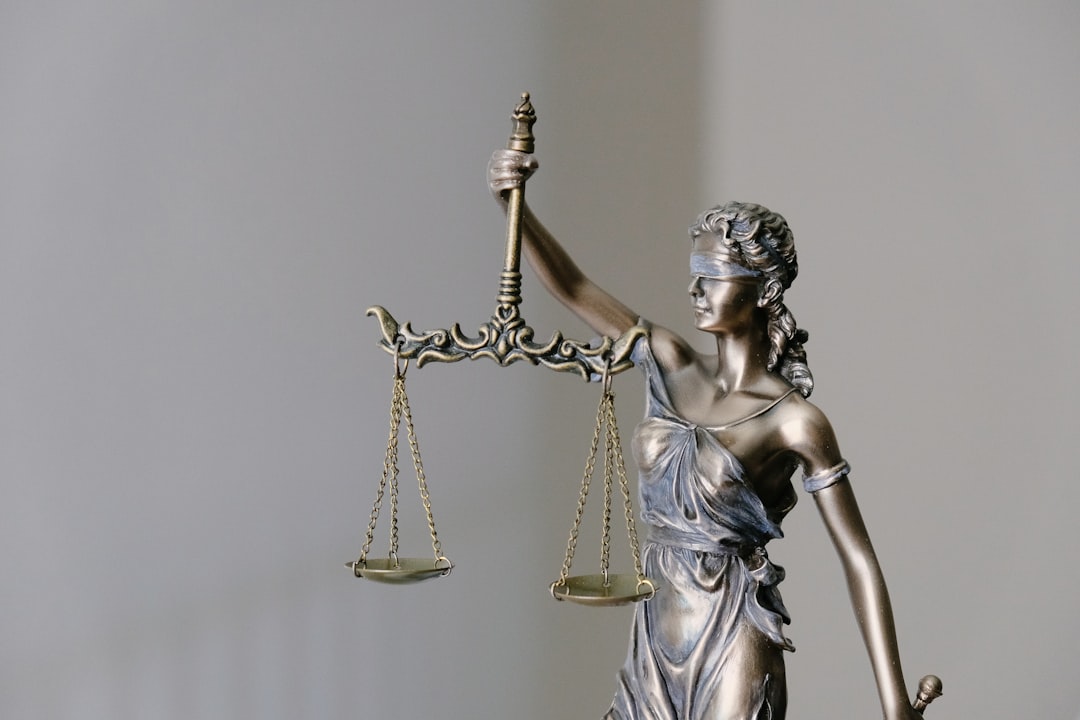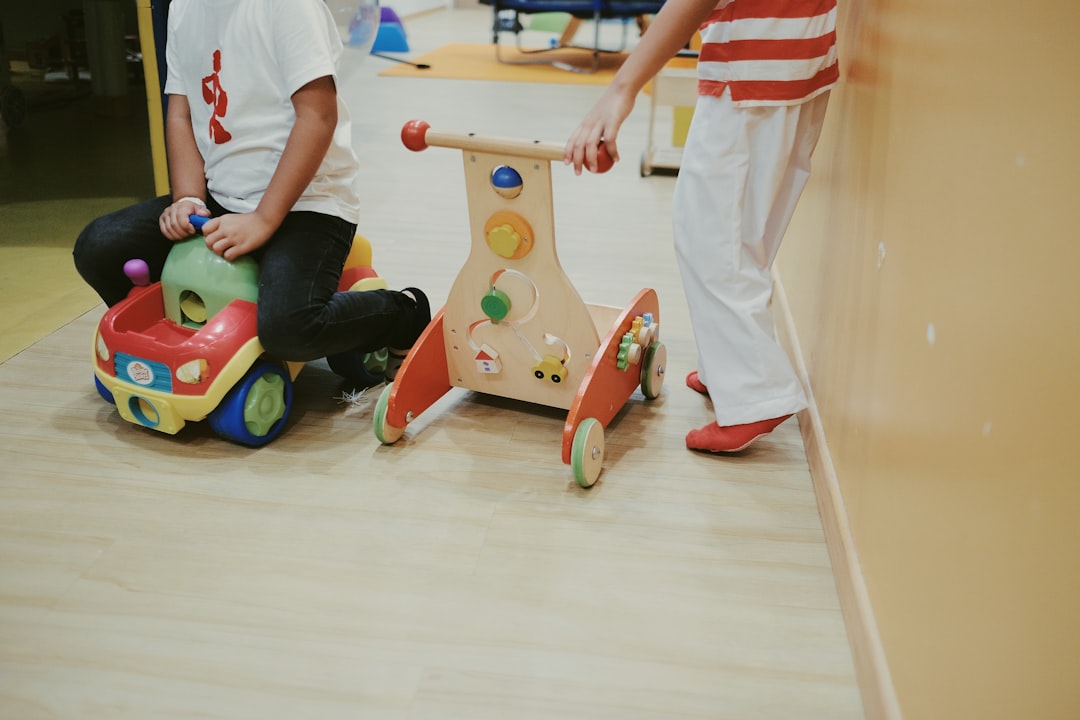In the dynamic landscape of child care in New York, ensuring safety is paramount. For families affected by daycare abuse, navigating legal paths can be daunting. This article serves as a comprehensive guide for victims and their advocates, delving into crucial aspects of seeking justice. From understanding rights to building solid evidence, we explore legal strategies tailored to New York’s unique context. Our focus: empowering parents and guardians with knowledge to hold negligent facilities accountable, ensuring every child receives the protection they deserve.
Navigating Daycare Abuse Cases in New York
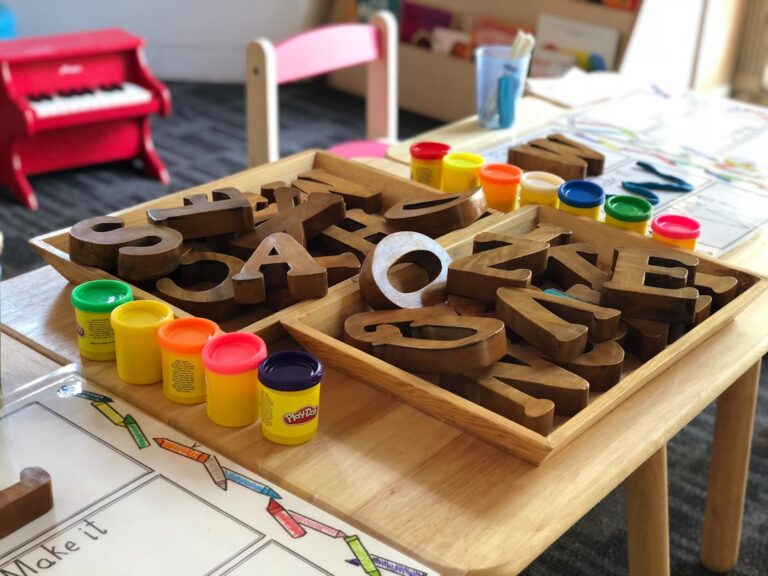
Understanding Victim Rights and Advocacy
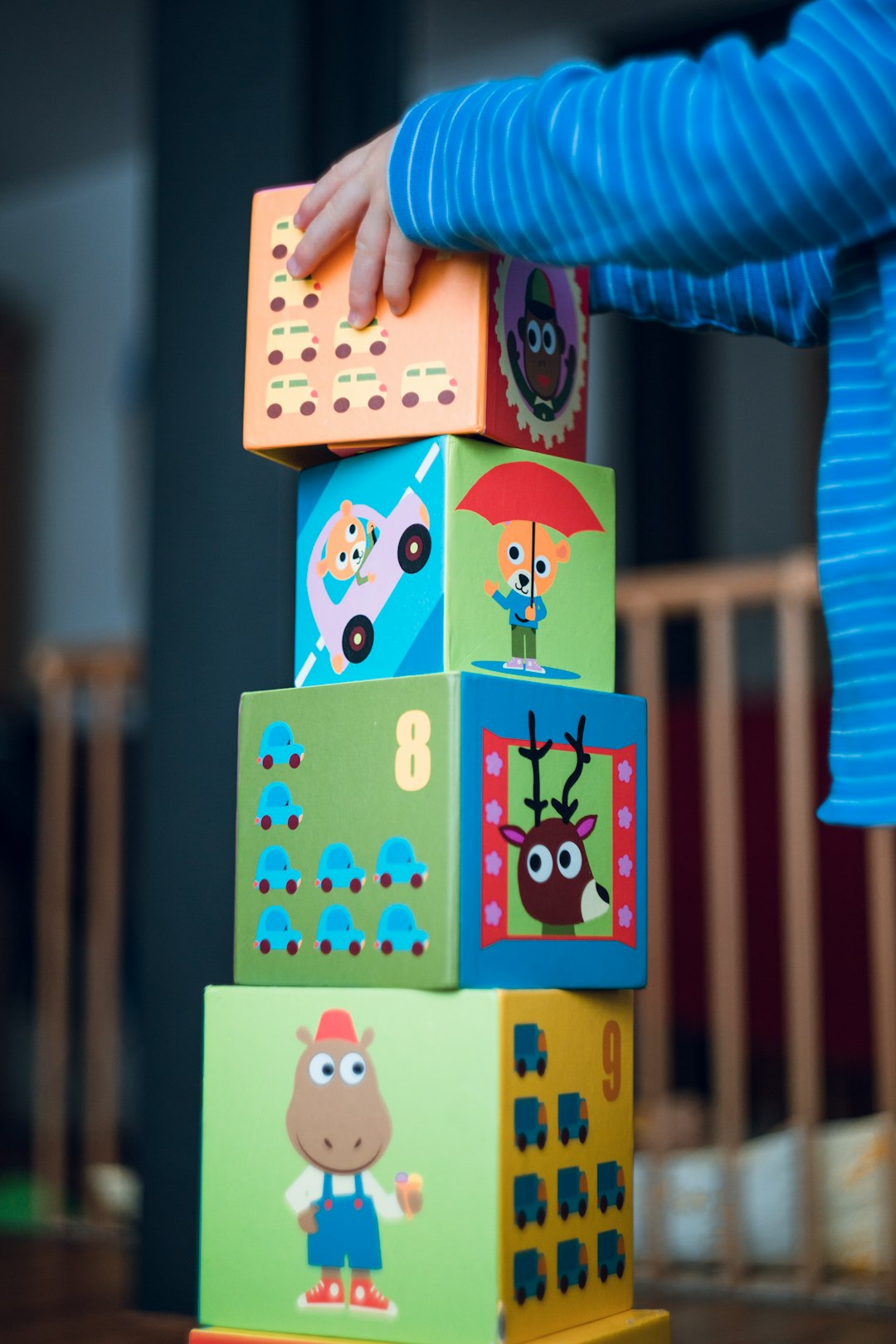
Victims of daycare abuse in New York have specific rights that need to be understood and protected. A dedicated daycare abuse lawyer in NYC can help navigate these complex legal matters. They advocate for victims’ rights, ensuring they receive the support and justice they deserve.
These advocates possess in-depth knowledge of state laws regarding child welfare and safety standards. They guide victims through the legal process, explaining their options and rights. Whether it’s filing a lawsuit against negligent daycare centers or pressing charges against perpetrators, these lawyers provide the expertise needed to secure favorable outcomes for those harmed by abuse within New York’s daycare facilities.
Legal Strategies for Daycare Abuse Victims
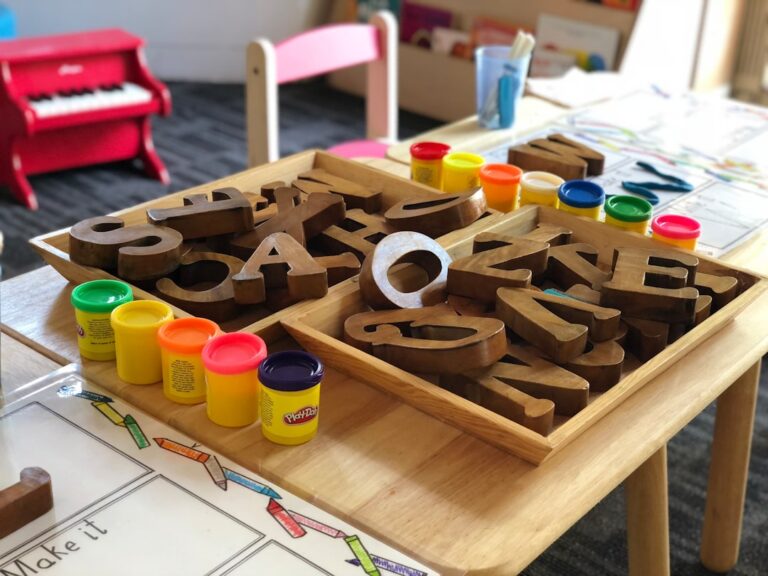
For victims of daycare abuse in New York, finding justice and closure can be a complex journey. A skilled daycare abuse lawyer in NY plays a pivotal role in navigating the legal system on their behalf. These attorneys employ strategic approaches to ensure the rights of abused children and their families are protected.
One key strategy is building a robust case through meticulous documentation of the abuse, including medical records, witness statements, and any available surveillance footage. They may also engage experts, such as child psychologists or forensic investigators, to provide testimony that strengthens the claim. Effective legal representation involves understanding state laws regarding daycare regulations and liability, which can help determine potential avenues for compensation and hold accountable those responsible for the harm inflicted on innocent children.
Building Compelling Evidence for Court

When representing victims of daycare abuse in New York, building a strong and compelling case involves meticulously gathering evidence to support the claims. As a dedicated daycare abuse lawyer in NYC, understanding the intricacies of this process is key to achieving justice for clients. This includes obtaining detailed records of any injuries or unusual behavior exhibited by the child, along with statements from witnesses who can corroborate the victim’s account.
Effective strategies may involve reviewing medical reports for consistent patterns of injury, analyzing security footage for suspicious activities, and consulting with medical experts to interpret findings. Additionally, maintaining thorough documentation of all communications with daycare staff, including any reports or concerns raised by parents, can be invaluable. These methods ensure a robust legal argument, showcasing the severity and pattern of abuse, thereby increasing the likelihood of a favorable outcome in court.
Supporting Clients Through the Legal Process
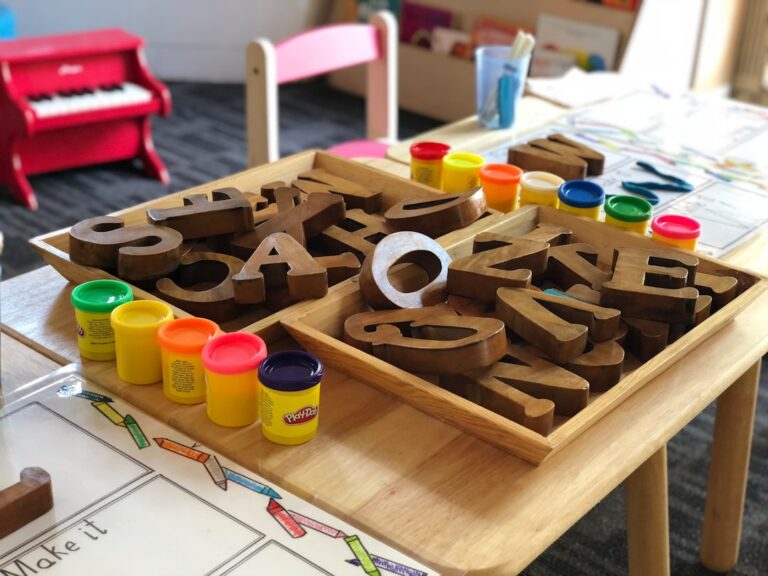
When a client reaches out to an experienced daycare abuse lawyer in New York, they enter a critical phase in seeking justice and healing. Supporting these clients through the legal process requires empathy, patience, and unwavering dedication. Each case is unique, and understanding the trauma experienced by both the child and their family is essential. The lawyer must guide them step-by-step, ensuring all necessary evidence is collected and presented effectively to build a strong case.
An advocate for daycare abuse victims in NY knows that navigating legal proceedings can be overwhelming. They provide clarity and reassurance, explaining complex laws and rights in simple terms. This support extends beyond legal strategies; it involves offering a listening ear, addressing fears, and providing resources for additional healing. By fostering a collaborative relationship, the lawyer empowers clients to take control of their journey towards accountability and closure.

